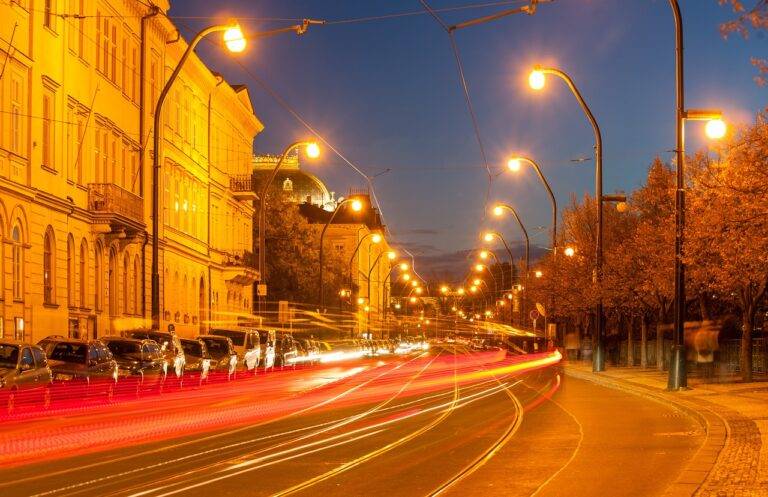DIY Solar Panel Installation: Steps for Sustainable Energy Generation
Solar energy offers a sustainable solution for reducing carbon emissions and combating climate change. By harnessing the power of the sun, households and businesses can decrease their reliance on fossil fuels, thereby decreasing their carbon footprint. This clean energy source is renewable and abundant, making it a reliable option for the long term.
Additionally, solar energy can lead to significant cost savings for consumers. Once the initial investment in solar panels is made, the operational costs are minimal compared to traditional electricity sources. This can result in lower monthly utility bills and potentially even generate revenue through selling excess energy back to the grid. Ultimately, the financial benefits of solar energy can help individuals and businesses save money in the long run while also contributing to a greener future.
Understanding Solar Panels
Solar panels are devices that convert sunlight into electricity through the photovoltaic effect, where sunlight is absorbed by the panels’ solar cells, generating direct current (DC) electricity. These solar cells are made of silicon, a semiconductor material that releases electrons when exposed to sunlight.
The electrons produced by the solar cells are then captured and converted into usable alternating current (AC) electricity with the help of an inverter. This allows the electricity generated by solar panels to be used to power homes, businesses, and facilities, reducing reliance on fossil fuels and decreasing utility bills.
What are the benefits of using solar energy?
Solar energy is renewable, reduces electricity bills, lowers carbon footprint, and requires minimal maintenance.
How do solar panels work?
Solar panels absorb sunlight and convert it into electricity through the photovoltaic effect.
Are solar panels suitable for all types of buildings?
Solar panels can be installed on most buildings, as long as they have access to sunlight.
How long do solar panels last?
Most solar panels have a lifespan of 25-30 years, with some continuing to produce electricity even beyond that.
Do solar panels work during cloudy days?
Solar panels can still generate electricity on cloudy days, although the output may be lower compared to sunny days.
Are there any government incentives for installing solar panels?
Yes, many governments offer incentives such as tax credits, rebates, and feed-in tariffs to encourage the adoption of solar energy.
Can I use solar panels to power my entire home?
Depending on the size of the solar panel system, it is possible to power your entire home with solar energy.





